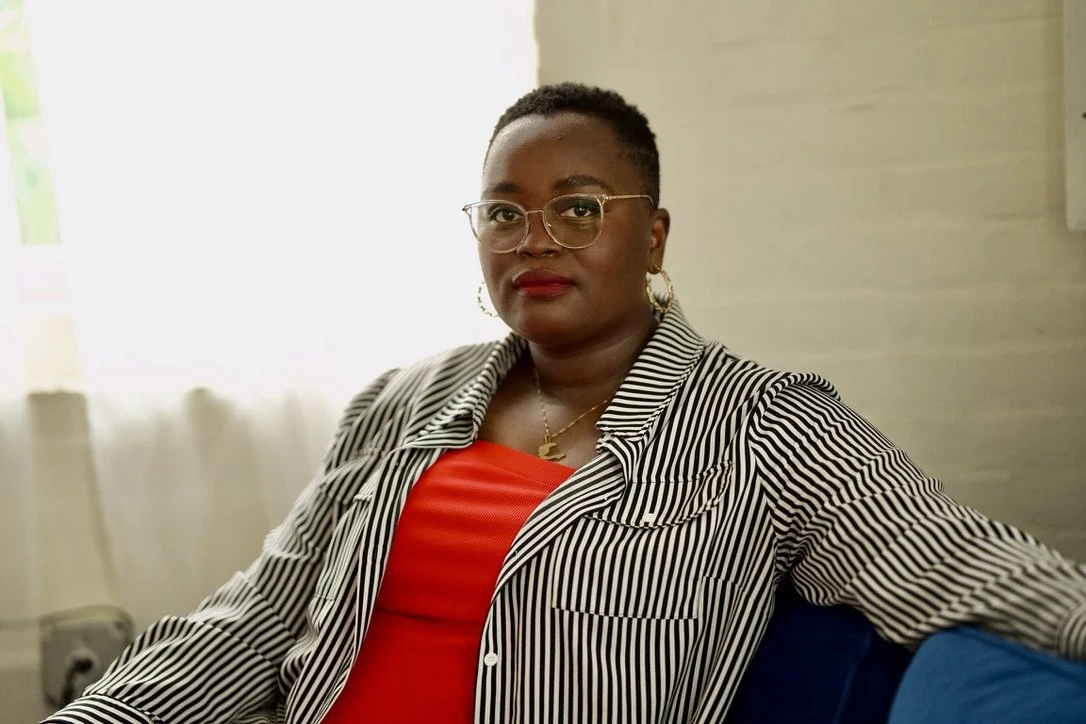

About rose j. percy, M.Div, STM
rose j. percy is a being becoming. As a self-described “Midwife of Divinity,” rose collaborates with communities to reimagine vocation—centering embodied rest, communal care, and creative spiritual practice. She brings together digital media literacy, spiritual formation, and a deep ethic of care to help people and institutions engage online life with more intention.
She holds a Master of Divinity (‘22) and Master of Sacred Theology (‘24) from Boston University School of Theology, with certifications in Spirituality Studies and Religion and Conflict Transformation. Her formation grounds her work at the intersection of healing, faith, and social imagination.
rose weaves together faith, justice, and identity through a deep commitment to spiritual care. Her work draws from womanist theology, Black feminist poetics, trauma and disability wisdom, and the everyday practices that help people live whole and grounded lives.
She currently serves as Director of Spiritual Formation and Small Groups at New Roots AME Church in Boston, where she builds structures for collective discernment, small group ministry, and spiritual care that honor rest, relationship, and radical belonging.
She is the writer and curator behind “A Gentle Landing,” a newsletter offering essays and poems for restless dreamers and those seeking slower, more spacious ways of living. rose enjoys singing (loudly), playing guitar, and practicing calligraphy—all as expressions of the softness and vulnerability she invites others to explore. She lives in Massachusetts.
rose is available for consulting, facilitation, and collaboration through Woven Retreats and other offerings at the intersection of spiritual formation and digital wellness.
You can explore more of Rose’s offerings through the “Resources” tab.
